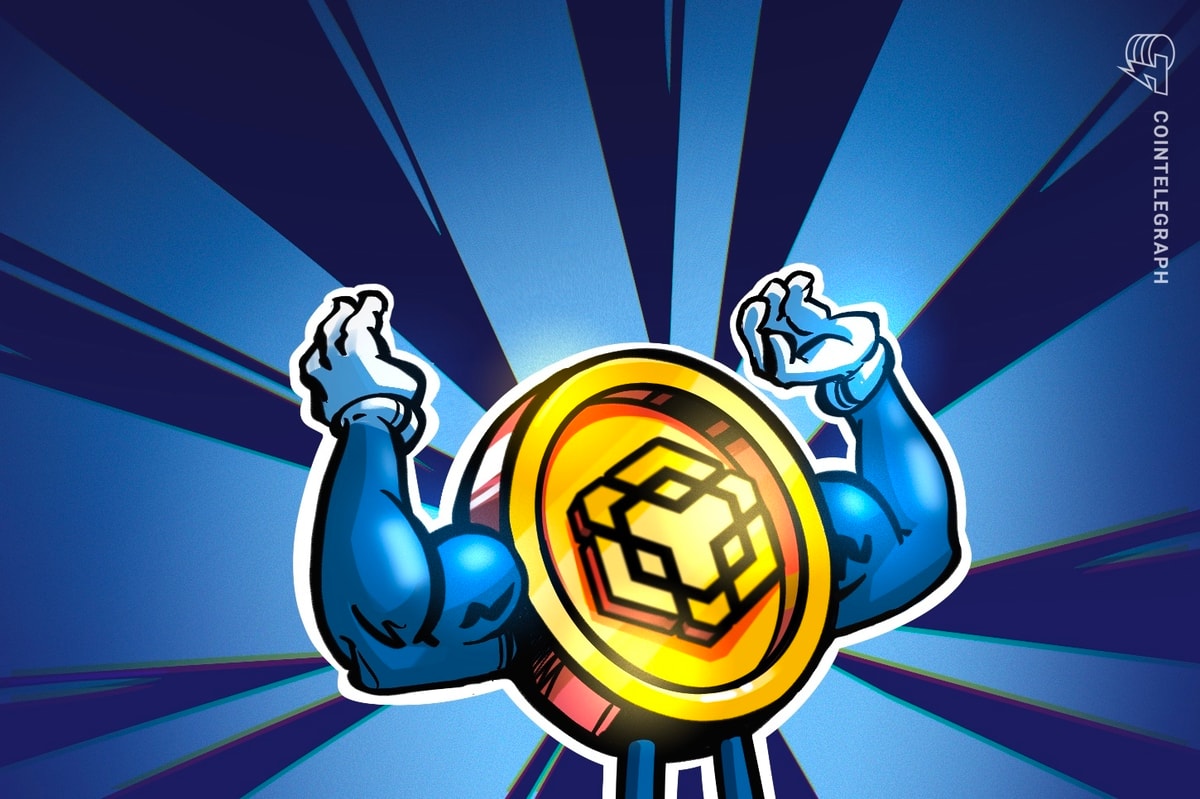Ripple, the so-called decentralized payment network, has frozen funds worth more than US$1 million that belong to the company’s former co-founder Jed McCaleb.
Since their initial launch, Ripple has represented themselves to the public as a payment network of “decentralized” gateways that convert different assets or types of payments—such as bitcoin or Paypal—into IOUs tradeable in the Ripple network.
On August 1, 2014, Ripple introduced a feature called “Balance Freeze” which allowed the network’s gateways to freeze and prevent funds from being traded, an action that they claimed was necessary to protect the gateways’ wallets from being compromised, or in the case that Ripple would be “called upon [freeze funds] by the authorities.”
Ripple introduced two different methods for the “freeze protocol extension.” The first method is known as the “global freeze” and allows gateways to freeze all of their issued funds. The second allows the gateways to freeze funds of a particular user, while the frozen funds are sent back to the gateway.
As explained in a Ripple Labs document, this feature gave Ripple permission to freeze accounts in the following circumstances:
- They notice “suspicious or unusual activity is noticed on an individual account.”
- Funds are being held during a dispute resolution.
- A gateway’s terms of use are violated by an individual account.
Ripple Takes Advantage of the Feature
Ripple Labs asked Bitstamp, one of their many payment gateways, to place an “individual freeze” on the funds of McCaleb on March 21, after the company discovered that the former co-founder tried to trade 96 million XRP.
McCaleb and Ripple signed a contract in the earlier days of Ripple that basically stated that McCaleb was only allowed to sell or trade weekly batches of XRP worth at most US$10,000. According to Ripple, however, McCaleb tried to trade 96 million XRP worth around US$1 million in a single batch, which they claim broke the agreement. Ripple instantly demanded Bitstamp reverse the funds and return all 96,342,361.6 XRP to McCaleb.

Bistamp Files Lawsuit
Bitsamp, which was forced to act as a middleman between Ripple and McCaleb in the dispute between the two, has filed a lawsuit in California district court to determine whether McCaleb has breached the contract, and to settle the ownership of the frozen funds.
During the hearing, a representative of Bitstamp stated:
“Bitstamp was unable to resolve this demand with Ripple Labs. Given our inability to ourselves determine the facts underlying the ownership dispute, we decided that an Interpleader filing was the proper approach. Indeed, it is only method to resolve disputes in these difficult circumstances.”
All that is required for Ripple to freeze user funds is to notify them of suspicious or unusual activity in their accounts and to simply ask the gateways to freeze or even reverse the funds. Speculations arise among bitcoin enthusiasts whether Ripple can still call themselves a “decentralized payment network.”
Did you enjoy this article? You may also be interested in reading these ones:











